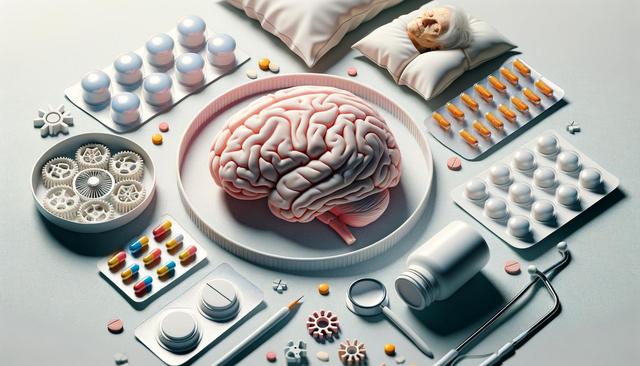The Financial Incentives Behind Sperm Donation
Paid sperm donation has gained attention for its potential to provide financial compensation while contributing to reproductive health services. However, understanding how paid sperm donation works and who qualifies is essential before making a commitment. Not all donors are accepted, and the screening process is rigorous. Age, health status, and educational background often play a role in donor selection. Some high-compensation sperm donor programs also seek specific genetic or academic attributes, which can narrow the pool of eligible candidates.
While some donors may be drawn by the financial benefits, it’s important to recognize that compensation varies widely. Private fertility clinic donor services typically offer higher payments than public or university-affiliated programs. In some cases, donors may earn more by participating in exclusive or selective programs that cater to specific recipient criteria. Still, this is not guaranteed, and most clinics prioritize health and genetic quality over financial arrangements.
Legal and Medical Requirements You Should Know
Before donating, potential donors must meet strict legal and health requirements for sperm donors. These include full disclosure of medical history, genetic background, and lifestyle habits. Clinics conduct extensive testing to ensure the donor is free from infectious diseases and genetic disorders. Some facilities also require psychological evaluations to assess the donor’s understanding of the process and future implications.
Legal agreements are a critical part of the process. Donors must waive parental rights and acknowledge that their identity may or may not be disclosed to future offspring, depending on the clinic’s policies and the recipient’s preferences. Understanding these legal documents is crucial, as they affect future responsibilities and anonymity. In recent years, changes in legislation in some regions are pushing for greater transparency, which could impact donor privacy.
The Donation Process: What to Expect
Many first-time donors are surprised by how structured the donation process is. From the moment of application to the final visit, every step is carefully monitored. Here’s what to expect during and after the donation process:
- Initial screening and interviews
- Medical evaluations and lab testing
- Multiple donation appointments over several weeks
- Post-donation follow-ups and possible re-testing
Donors are often required to commit to multiple visits, as clinics need to establish a reliable sample bank. Some donors may be asked to abstain from sexual activity for a few days before appointments to ensure quality. After donation, samples are frozen and quarantined for several months. Additional testing is conducted later to confirm continued health status, before the sample is released for use.
Premium Screening and Donor Packages
In recent years, the sperm donation industry has seen the rise of premium reproductive health screening packages, aimed at ensuring the highest quality samples. These packages include advanced genetic screening, hormone testing, and overall health assessments. While these services are often reserved for top-tier programs, they serve both donor and recipient by minimizing risks and enhancing success rates.
Clinics offering private fertility clinic donor services may also provide tailored health reports to donors, offering insights into their long-term well-being. This has added an additional appeal for men who view the donation process as an opportunity to learn more about their own health. These premium services can also increase your value as a donor, especially in selective or high-compensation sperm donor programs.
- Detailed genetic risk assessments
- Carrier testing for inherited conditions
- Hormonal and fertility profile analysis
- Personalized donor health reports
These additional screenings not only benefit the recipients but also provide peace of mind for donors who want to ensure they are contributing in a responsible and informed way.
The Hidden Implications of Donating
While the economic aspect of sperm donation can be appealing, it’s important to consider the long-term implications. Emotional and ethical questions may arise years down the line, especially with the emergence of DNA testing and ancestry services. Donors may be contacted by offspring or may discover unexpected connections. This is why understanding how paid sperm donation works and who qualifies should include awareness of future possibilities.
Furthermore, some donors report psychological effects such as curiosity about the children conceived through their donations or concerns about unintentional familial overlap, especially in smaller communities. While clinics take steps to limit the number of families per donor, anonymity is not always guaranteed. Being mentally prepared for these outcomes is just as important as meeting the physical and legal requirements.
For men who are contemplating this path, it’s crucial to weigh the short-term financial benefits against the potential emotional and ethical considerations. Informed decisions lead to more positive experiences, both for donors and for the families they help create.
Conclusion: Making an Informed Choice
Sperm donation can be a meaningful contribution to those facing fertility challenges, and it offers financial and personal health insights in return. However, it’s not a decision to take lightly. Understanding the legal and health requirements for sperm donors, the structure of high-compensation sperm donor programs, and what to expect during and after the donation process equips potential donors with the knowledge to make thoughtful choices.
By engaging with private fertility clinic donor services and exploring premium reproductive health screening packages, men can ensure they are not only providing a valuable service but also receiving something beneficial in return. As with any health-related commitment, transparency, education, and self-awareness are key to navigating this hidden economy responsibly and ethically.




Leave a Reply